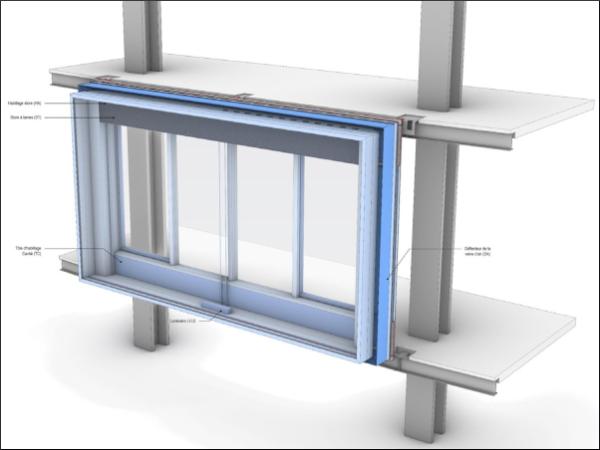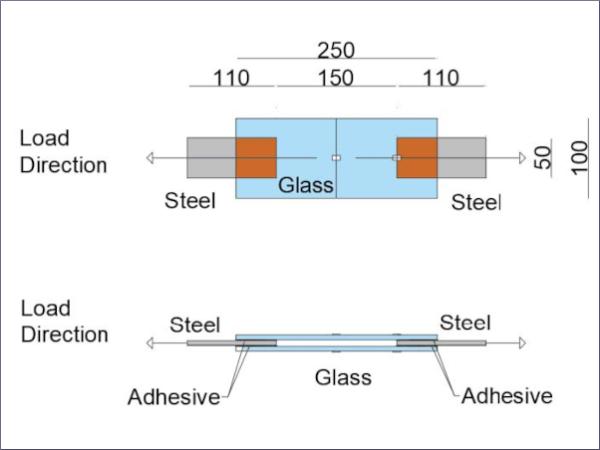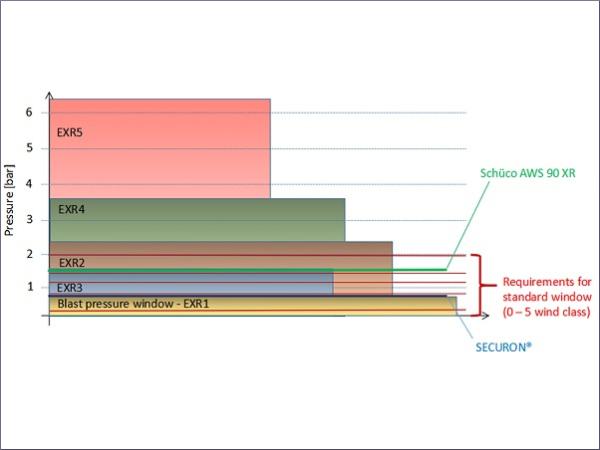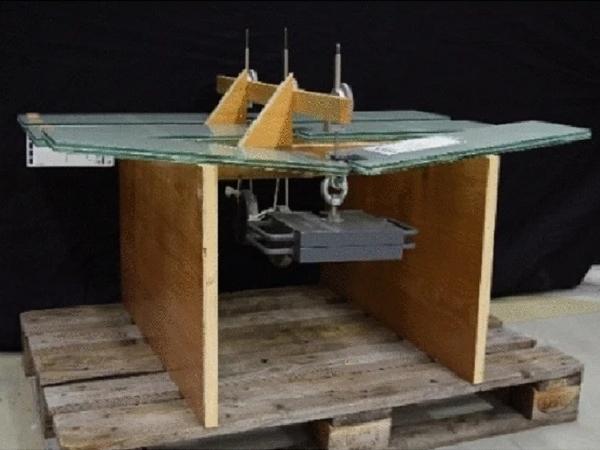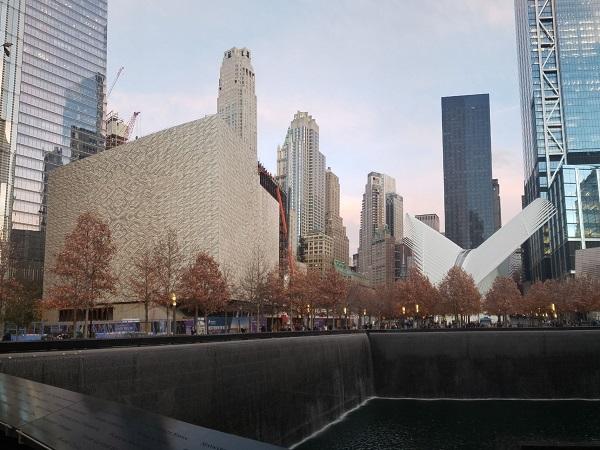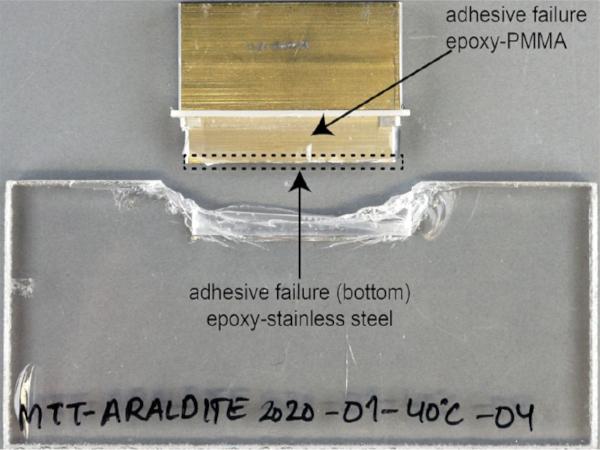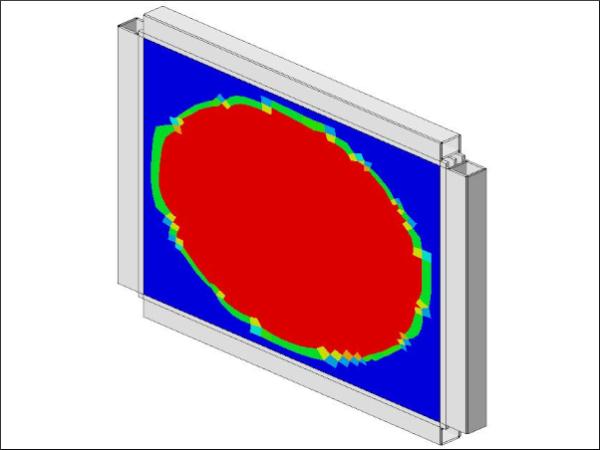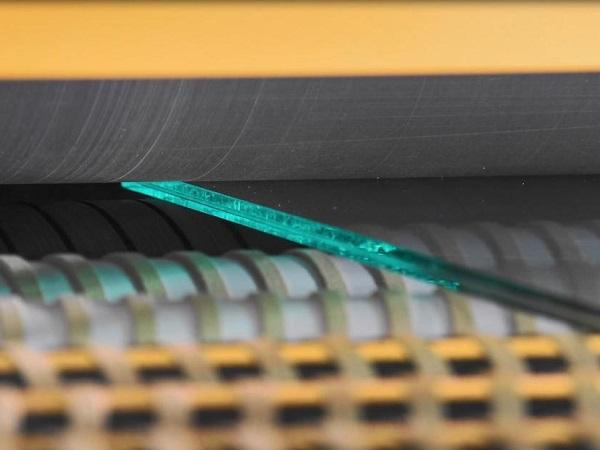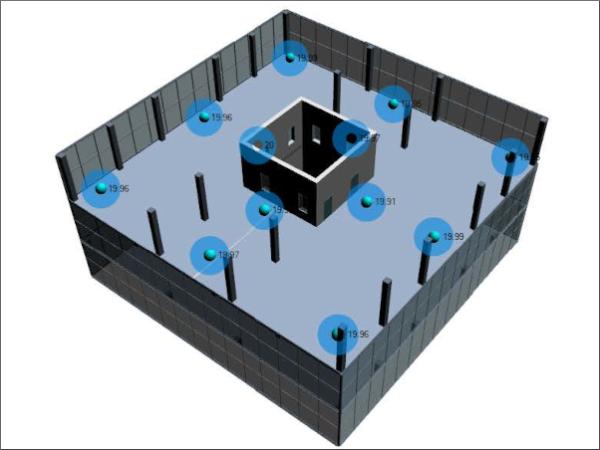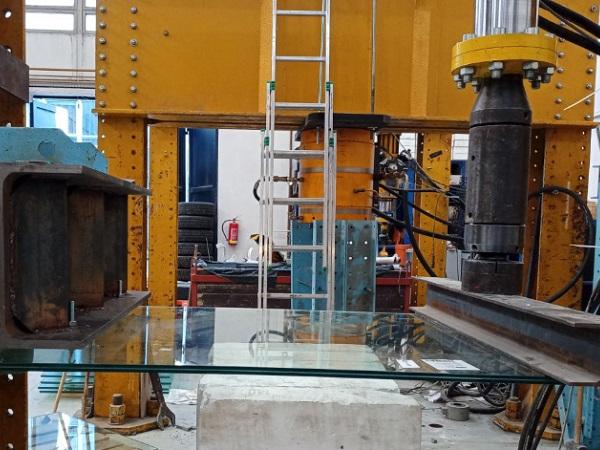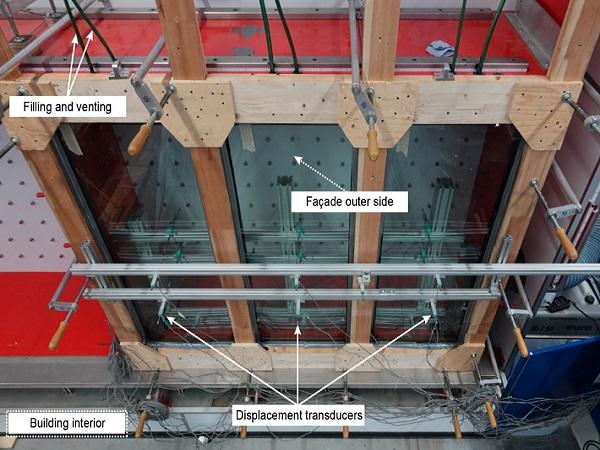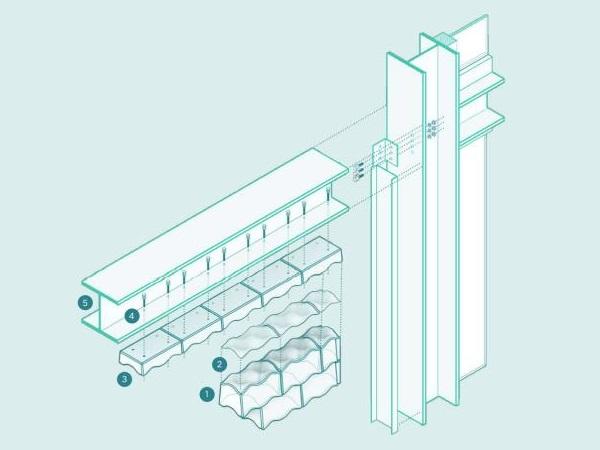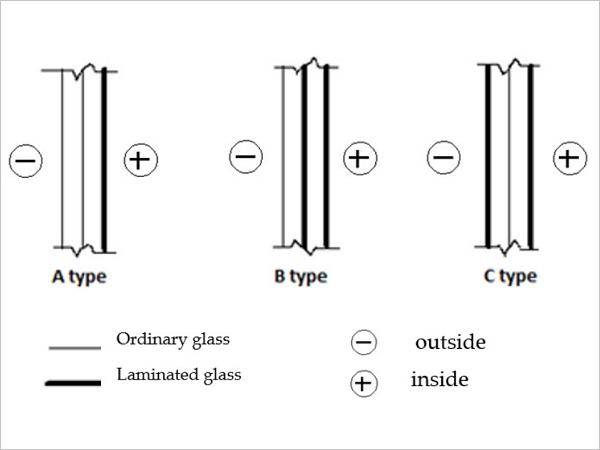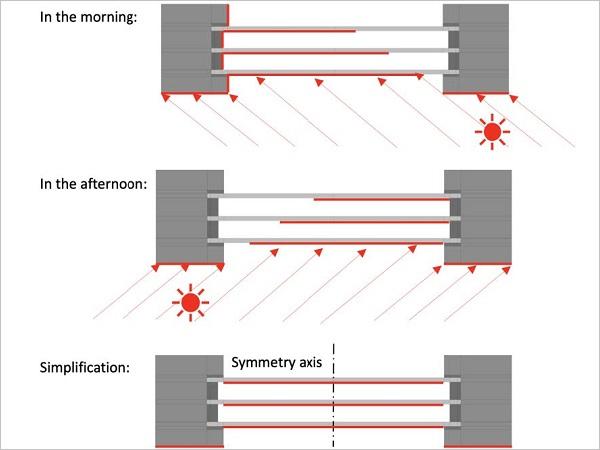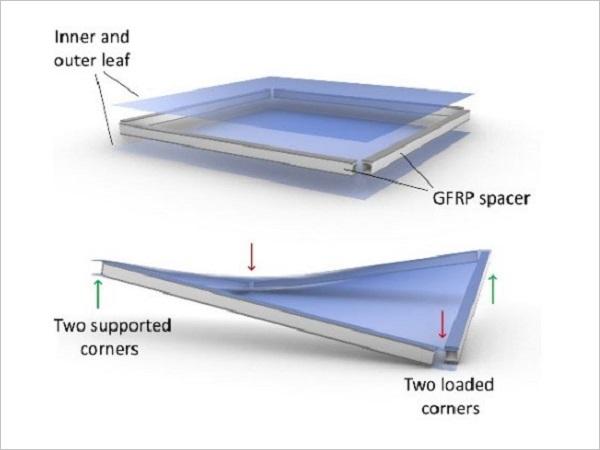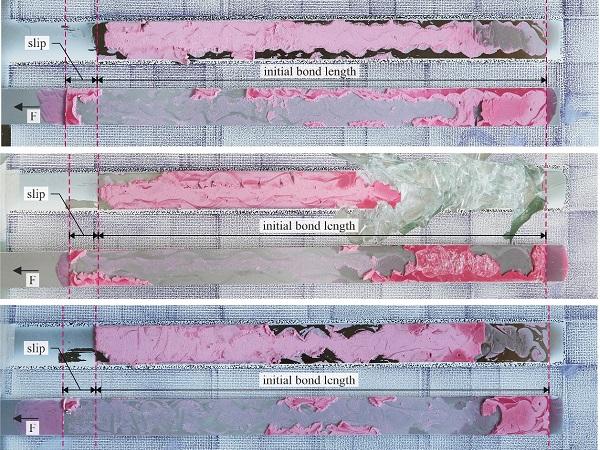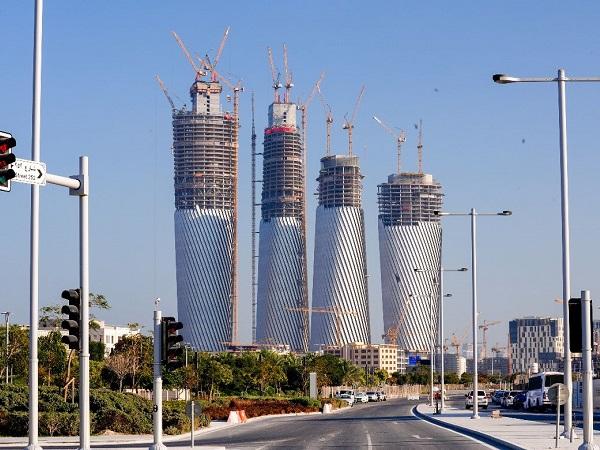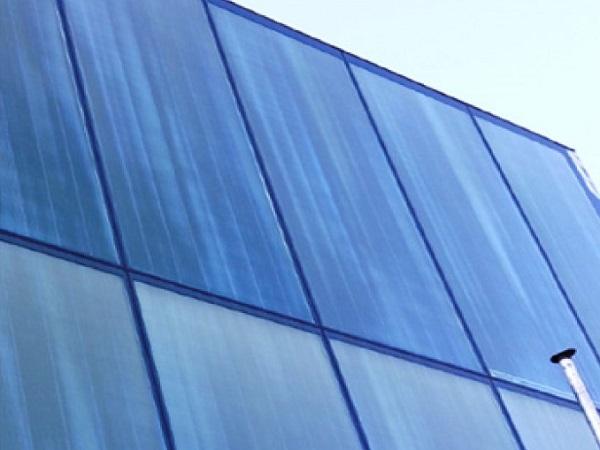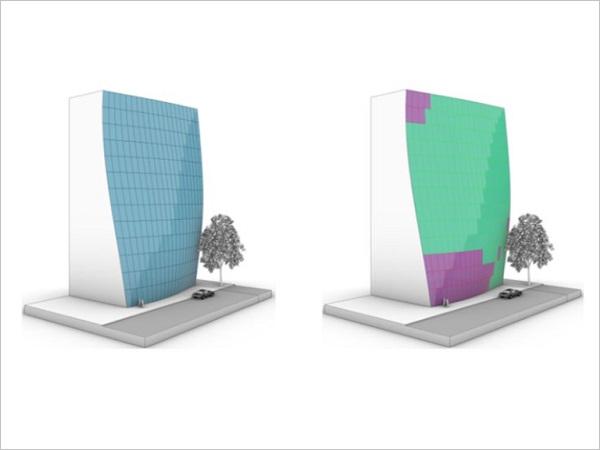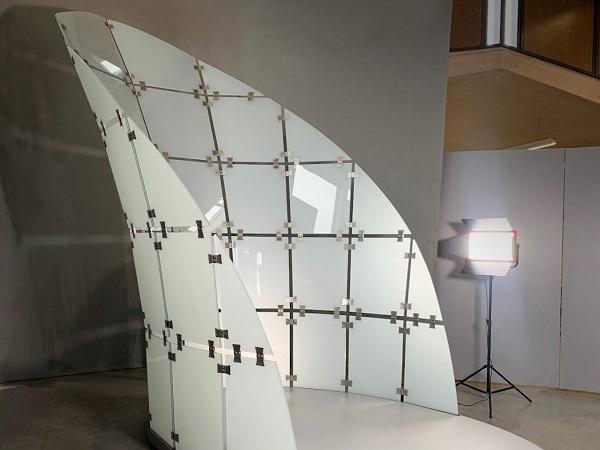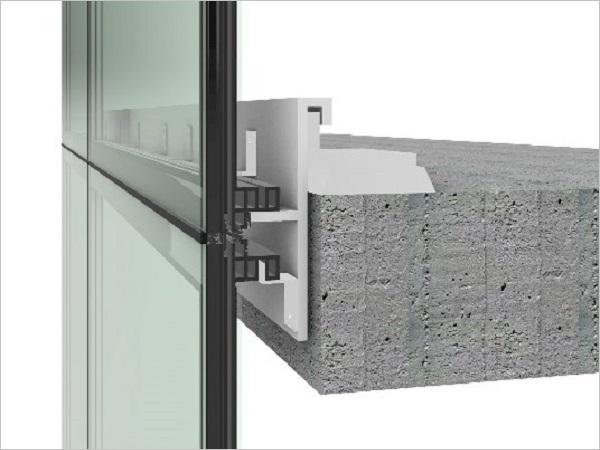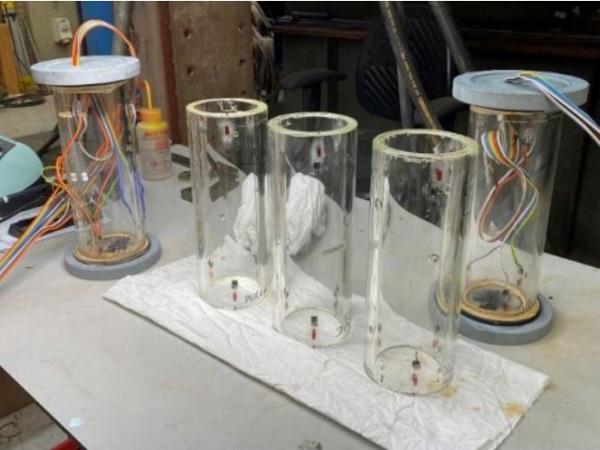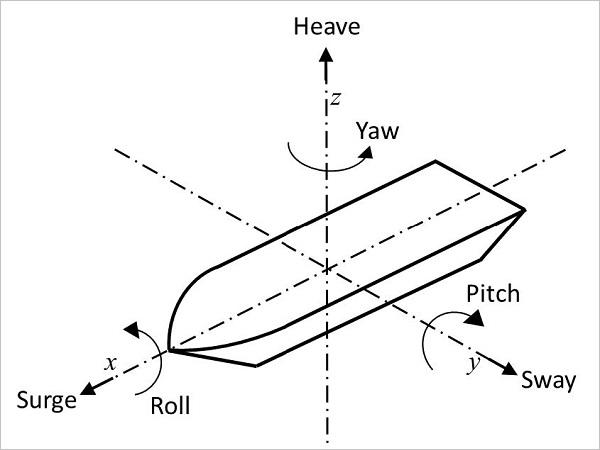Others also read
| Structural interlayers in laminated glass have allowed engineers and specifiers to extend and improve the use of glazing solutions in the construction industry.
| Glass/steel adhesive joints are being used increasingly in the construction industry as they offer significant structural advantages over conventional mechanical fastener approaches.
| In the article, the focus is on an overview of several norms, standards, and research that address the issue of resilience of window systems.
| Designing and building structural, glass-only shells is subjected to two principal boundary conditions: The use of planar or curved glass laminates with limited dimensions and the necessity to provide a structural joint between the adjacent glass modules.
| The new World Trade Center site was rebuilt after 9/11 comprising seven mayor skyscrapers around the memorial site and the 9/11 museum.
| An experimental study under tensile loading at +23, +40 and +60 °C and different glass build-ups
| This paper presents some of major outcomes of Finite Element (FE) numerical methods and simulations that have been explored in the framework of the GLASS-SHARD research project for glass windows and facades under explosion or soft-body impact.
| This Glastory blog by Kalle Kaijanen is dealing with the processing of high-strength / structural laminates.
| A new BIM tool processing IEQ data input for building management and energetic optimizations
| Within this research, two sets of real-scale laminated banister panels with the embedded connection were tested.
| This paper presents a study on the development of a bonded edge seal for fluid-filled insulating glass units.
| An Interlayer Material Study Towards Circular, Dry-Assembly, Interlocking Cast Glass Block Structures
| In this research, the structural sealed façade structure with triple IGU was investigated and the effect of the thickness of ordinary and laminated glasses.
| This paper reviews the high-temperature behavior of a selected range of silicones used for sealing and bonding in construction.
| In the structural design of facade glazing, various types of loads such as dead weight, wind and climatic loads must be taken into account. In practice, however, there are many cases of damage that can be attributed to direct solar radiation.
| The main challenge in the design of the duplex façade was the high aesthetical performance that the façade had to meet.
Investigations on the Cold Bending Behaviour of a Double Glazing Unit with a Rigid Edge-Spacer Frame
| In this study, the bending process of specially-fabricated double glazing units (‘panels’) is investigated with a focus on a local instability phenomenon.
| This work discusses the results from first feasibility investigations dealing with the choice of adhesive and identifying a suitable activation procedure for Fe-SMA strips adhesively bonded to glass elements.
| This paper presents work undergone for a set of four high-rise towers, featuring 11,136 unique cold-bentpanels, hundreds of which are pushed beyond 250mm.
| In this paper, we present the development of an intrinsic parameter σQM characterizing the sensitivity of a coating (or configuration) to the quench marks.
| The paper presents the results of FEM analysis as well as tests performed on double glazed units including Sikasil® IG-25 secondary sealing joints and SikaGlaze® IG-5 PIB as primary seal.
| The paper undertakes a review of basic interlayer stack data with regards to viscoelastic properties and adhesion, and the engineering hypotheses using recent preliminary fitting test results for various loading schemes.
| This paper sheds some light on the challenges to build with high performing glazing façade systems (originally called curtain wall systems) while efficiently utilising resources and reducing its manufacturing embodied carbon.
| This research revolves around the design, fabrication and testing of tubular glass columns, with particular focus on their redundancy and fire-safety mechanisms.
| This paper gives an overview of the requirements of a ship structure, and more specifically yacht structures, and describes the challenges associated with using glass as a fully integrated structural component.

